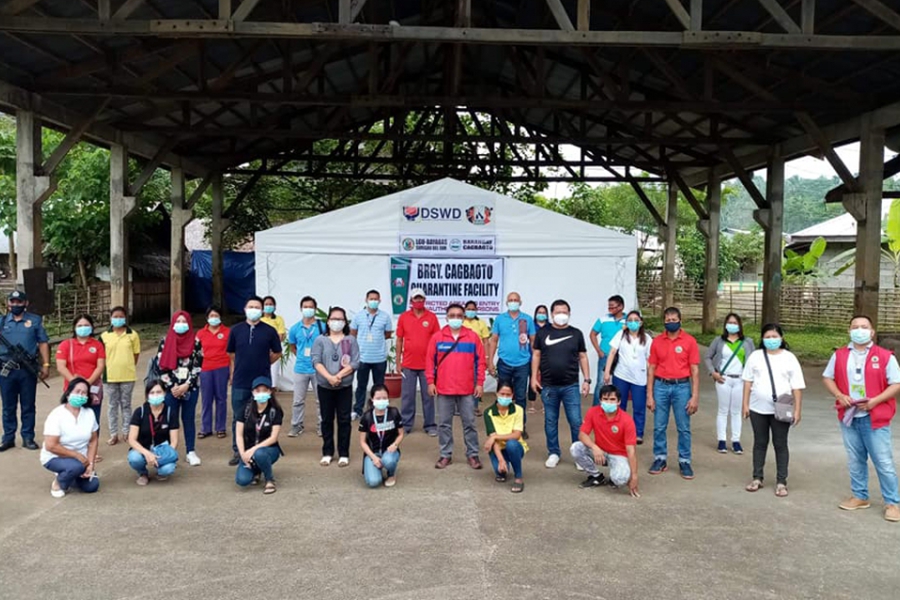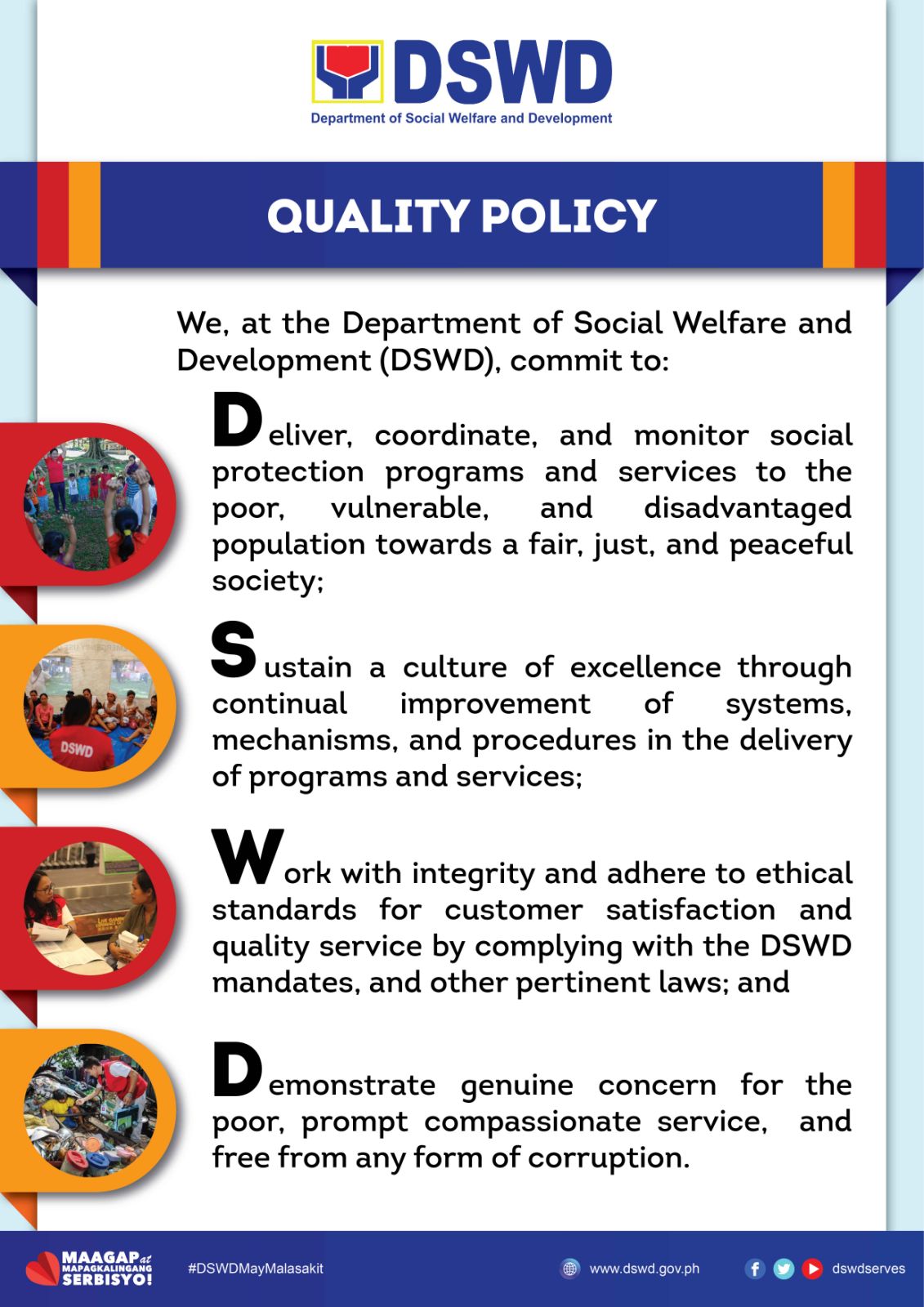The Republic of the Philippines, represented by Finance Secretary Carlos G. Dominguez, and the International Bank for Reconstruction and Development (IBRD) of the World Bank signed a new loan agreement amounting to USD 300,000.00 which will serve as additional financing for the implementation of DSWD’s Kalahi-CIDSS program until December 31, 2023.
The additional financing is specifically geared towards expanding the scope of Kalahi-CIDSS. It will cover 676 poor municipalities in 59 provinces across 15 regions, 86% of which were previous Kalahi-CIDSS beneficiaries while the remaining 14% are new areas. In addition, Kalahi-CIDSS will also collaborate with the Department of Interior and Local Government (DILG) to enhance existing policies in local planning processes.
While the main thrust of Kalahi-CIDSS to empower communities through increased participation remains, the goal of the additional financing has an added layer aimed towards addressing the effects of COVID-19 especially in poor and marginalized communities in the country.
Target municipalities of Kalahi-CIDSS are deemed to have insufficient facilities to manage COVID-19 cases. These municipalities also have limited resources to upgrade their plans and services to mitigate the effects of the pandemic on local public health, economic productivity, and general well-being. While Kalahi-CIDSS’ additional financing does not focus on addressing the health-related effects of the pandemic, it aims to contribute towards COVID-19 mitigation and rehabilitation efforts through community-driven development.
Kalahi-CIDSS will continue to provide community grants to enable target municipalities to efficiently implement programs, projects, or services that will help communities bounce back from the effects of the pandemic and improve basic delivery of social services.
Community sub-projects on disaster preparedness, mitigation, and risk management and other capacity-building programs to manage the potential effects of disasters may also be covered by the community grants.





